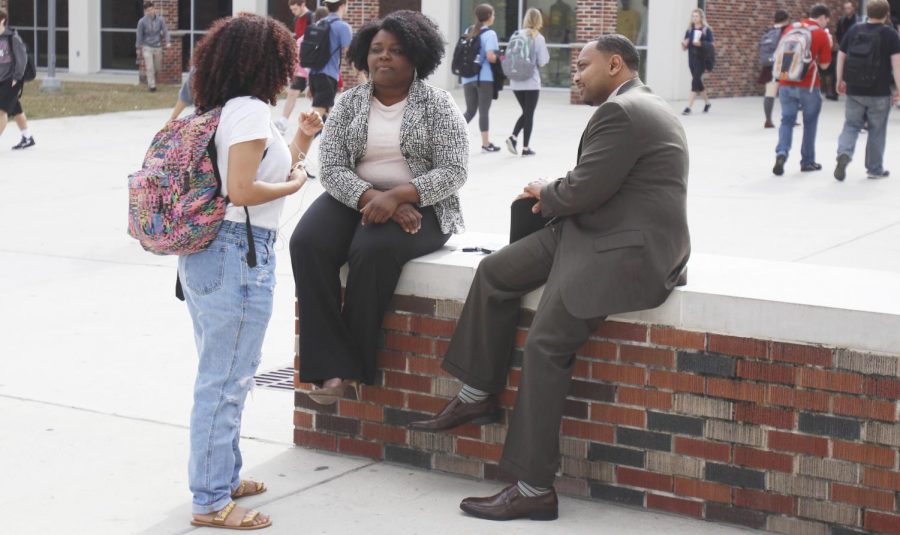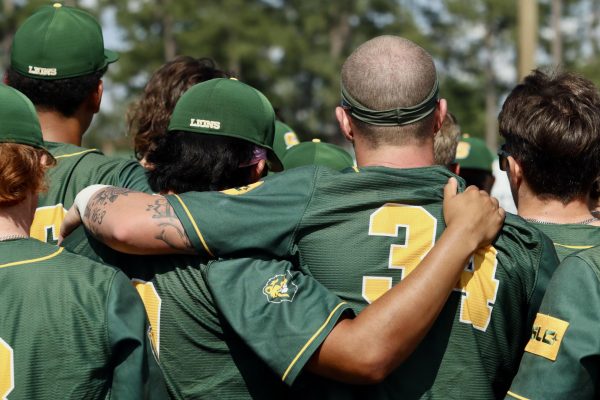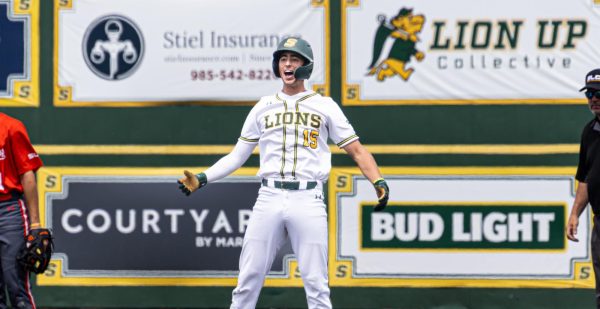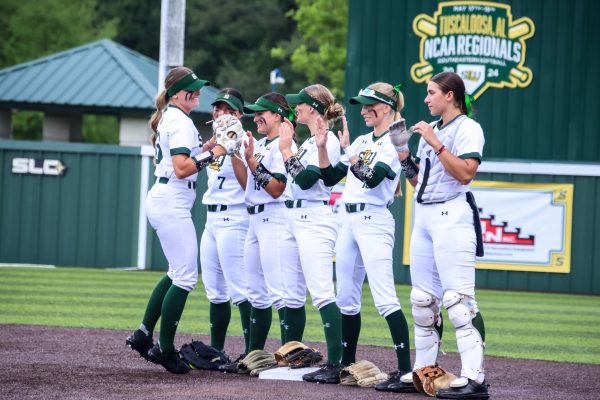Mentoring cubs into lions
File Photo/The Lion’s Roar
Eric Summers, vice president for student affairs, and Angela James, director of the Office of Disabilities Services, chat with a student outside the War Memorial Student Union.
Students looking to find a career path, organizations to join or any other life advice can seek out a staff member to become a mentor.
Dr. Eric Summers, vice president for student affairs, explained the purpose of a mentor.
“A mentor is a trusted advisor for a student at Southeastern, a person with experience that can show a protégé the ropes,” shared Summers. “In terms of college, the mentor will help a new student adjust to college life and making the transition.”
According to Summers, mentors may be found through different methods.
“Informally, one can ask an experienced individual to serve as their mentor,” explained Summers. “Formally, we have a program called Project P.U.L.L. for freshmen. I believe the College of Business has a mentoring program. I believe everyone should have a mentor. I always look at where I want to go in life and in my career and seek people that are already on the level that I aspire to be. That has always been my approach. In college, I had several mentors: My residential advisor, an involved person in my major and the assistant dean of students.”
The Center for Student Excellence allows students to speak with a trained advisor about any problems or issues they may encounter in school.
Yazmyn Smith, an academic advisor at the CSE, serves as the faculty advisor for E.L.I.T.E. Women. She shared why she became a mentor.
“I believe that anyone can be a mentor if they try to live a positive life and have a growth mindset,” said Smith. “I wanted to show others that the struggle does not have to define you as a person. How you adjust your life and move forward is what defines you. I want to help others realize their potential.”
Smith shared what she enjoys most about being a mentor.
“I just love when a mentee succeeds at a goal, no matter how big or small,” discussed Smith. “If they passed a test or they landed an interview, when they celebrate and I celebrate in that joy with them because I want them to understand that they are great.”
Jacob Caraway, a freshman criminal justice major, found Wayne Aymond a senior advisor of science and technology, helpful as a mentor.
“Mr. Aymond has helped me a lot, from scheduling classes to helping me transition to a criminal justice major,” stated Caraway. “He is a great guy who is very relatable to all of his students. He understands what students are going through and what issues they face in school.”
Smith credits Dr. Tara Stoulig, instructor of biological sciences, and her professors in the Department of Kinesiology and Health Studies for teaching her important life lessons.
“They taught me things that to them may seem minute, but for me, it made a world of difference in my life,” explained Smith. “I think that mentors help students to battle or try to battle those issues that are not always academic. Mentors teach those skills such as grit, resilience, punctuality, tolerance and communication. Many students are away from home, whether for a week or for a whole semester, and that mentor can help them to navigate through a lot of thoughts and processes.”
Your donation will support The Lion's Roar student journalists at Southeastern Louisiana University.
In addition, your contribution will allow us to cover our annual website hosting costs.
No gift is too small.
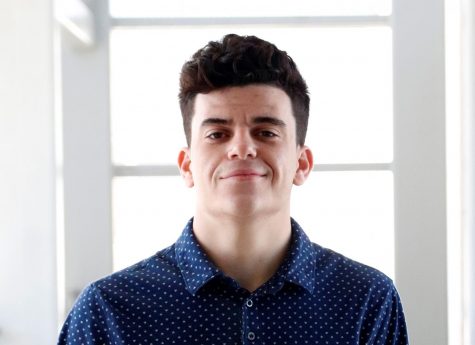
Gerard Borne is a communication major from Norco. Borne began working at The Lion's Roar in the fall of 2018. He plans to become a sports agent upon graduation.


